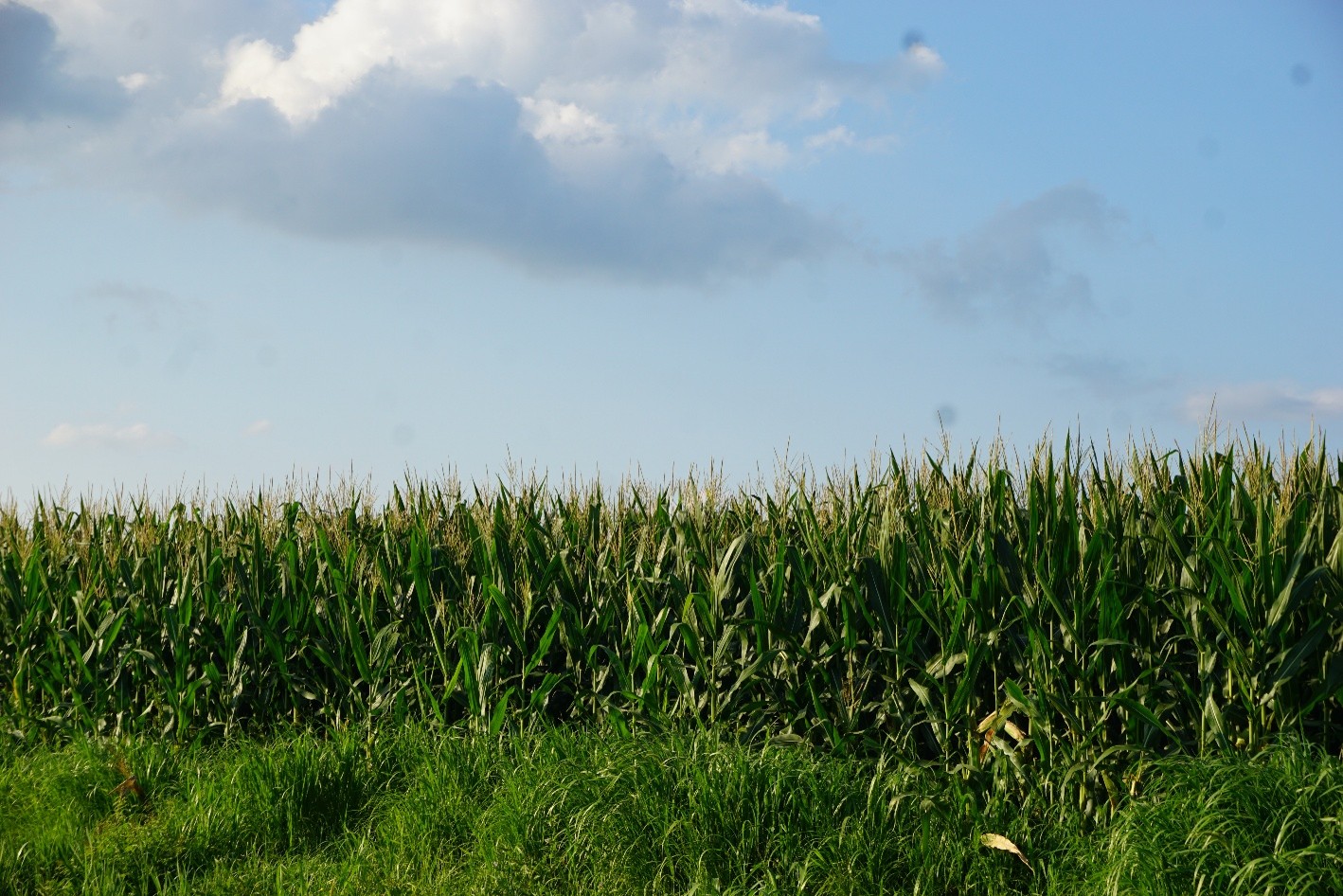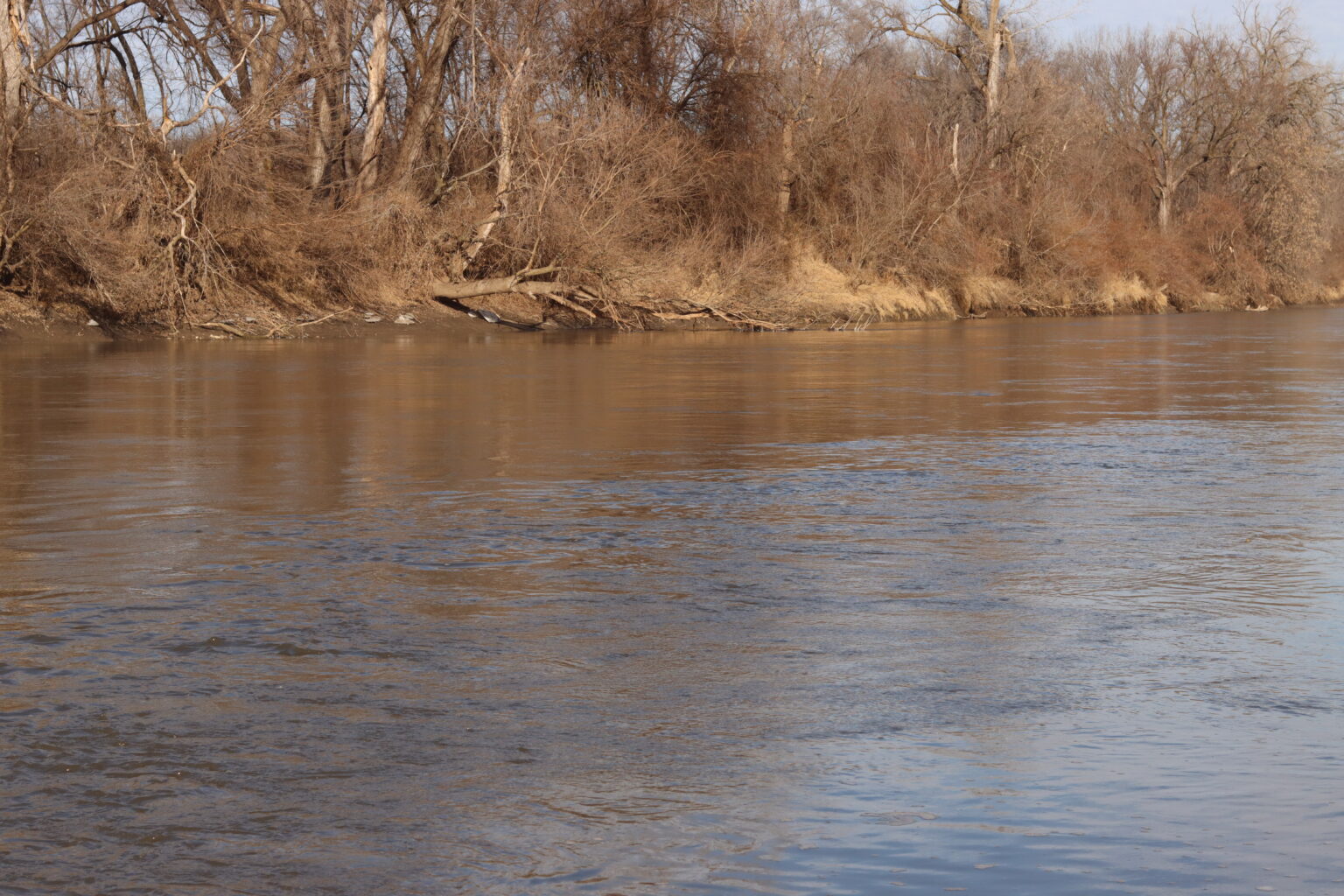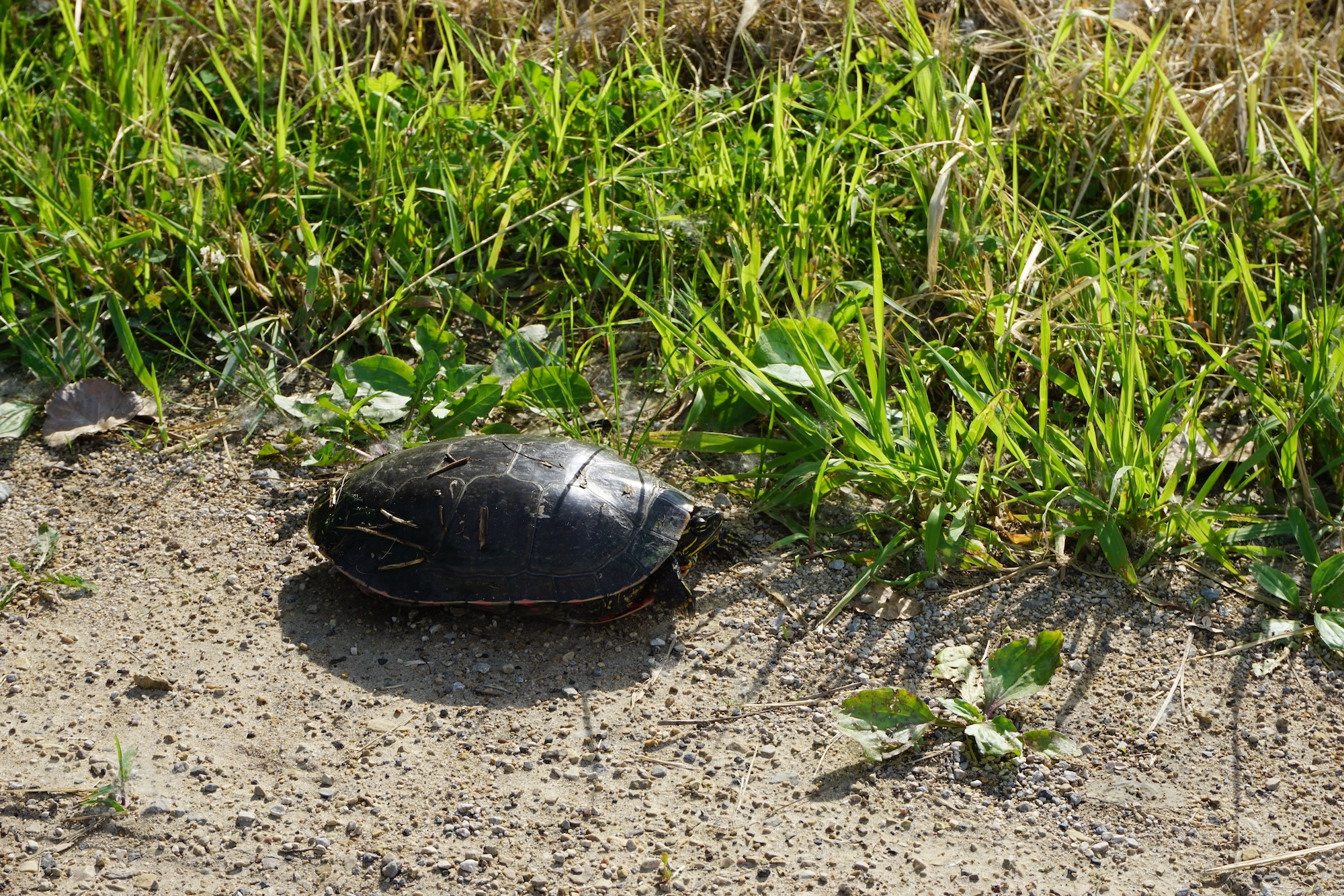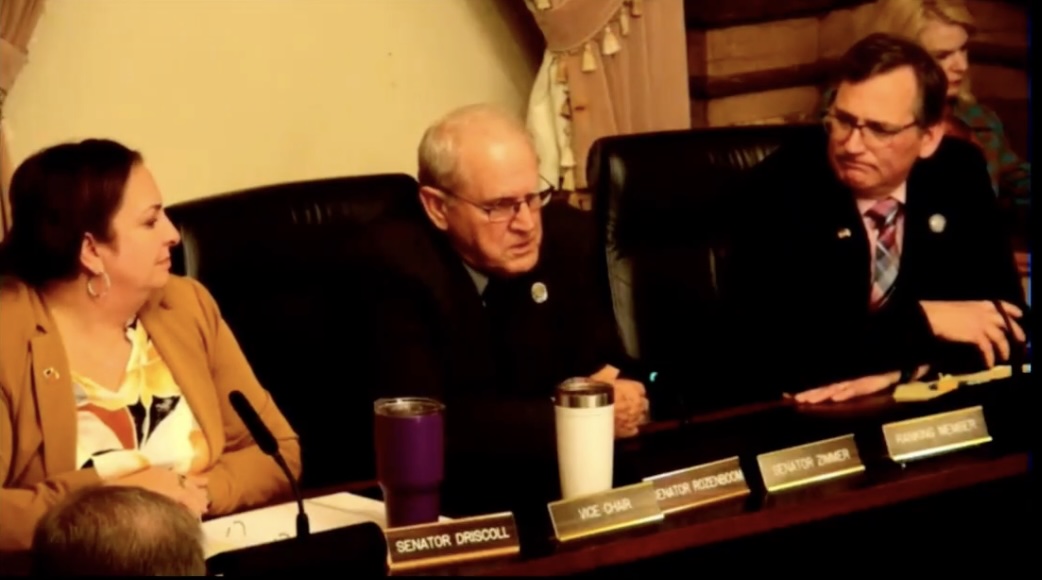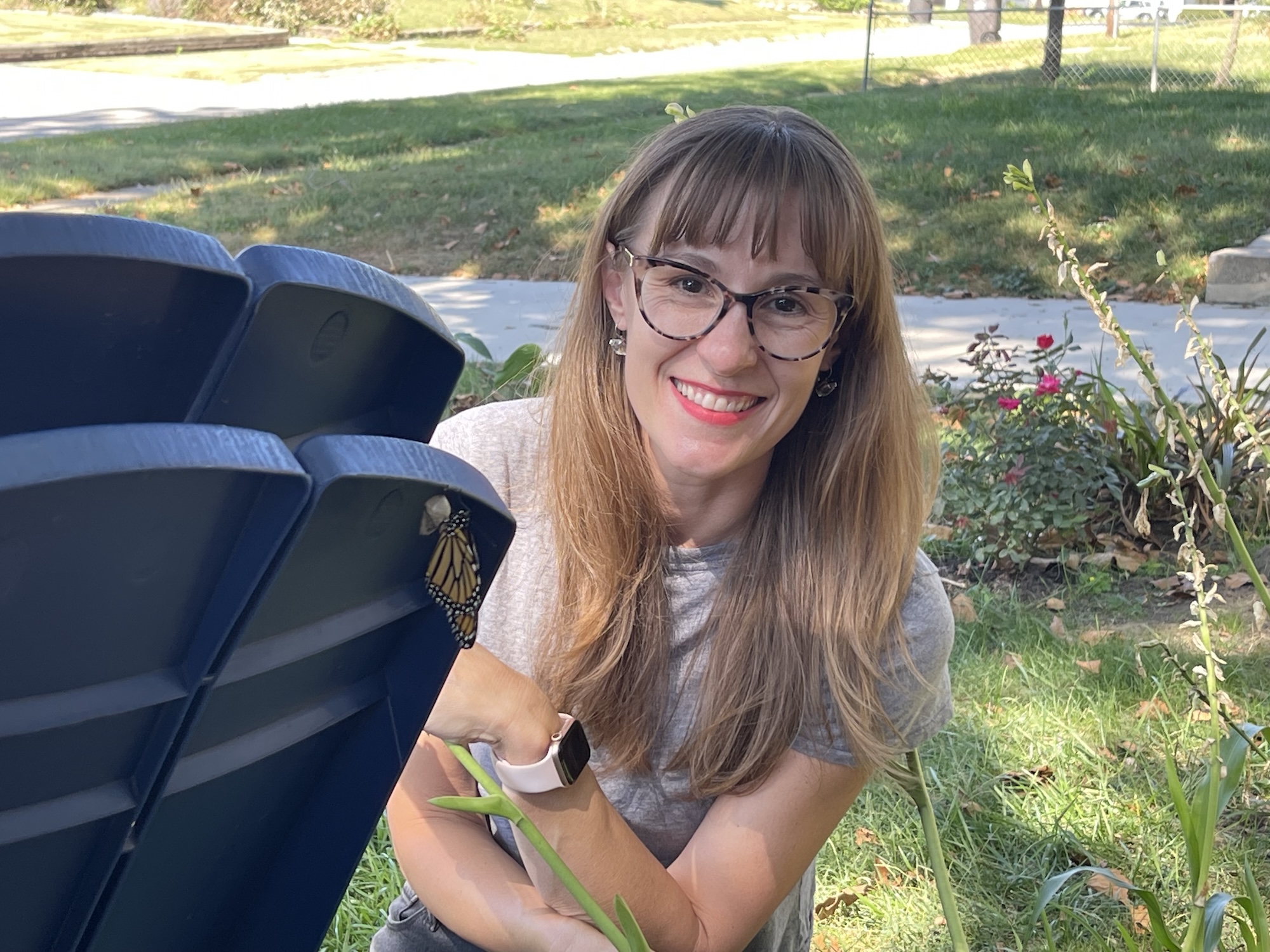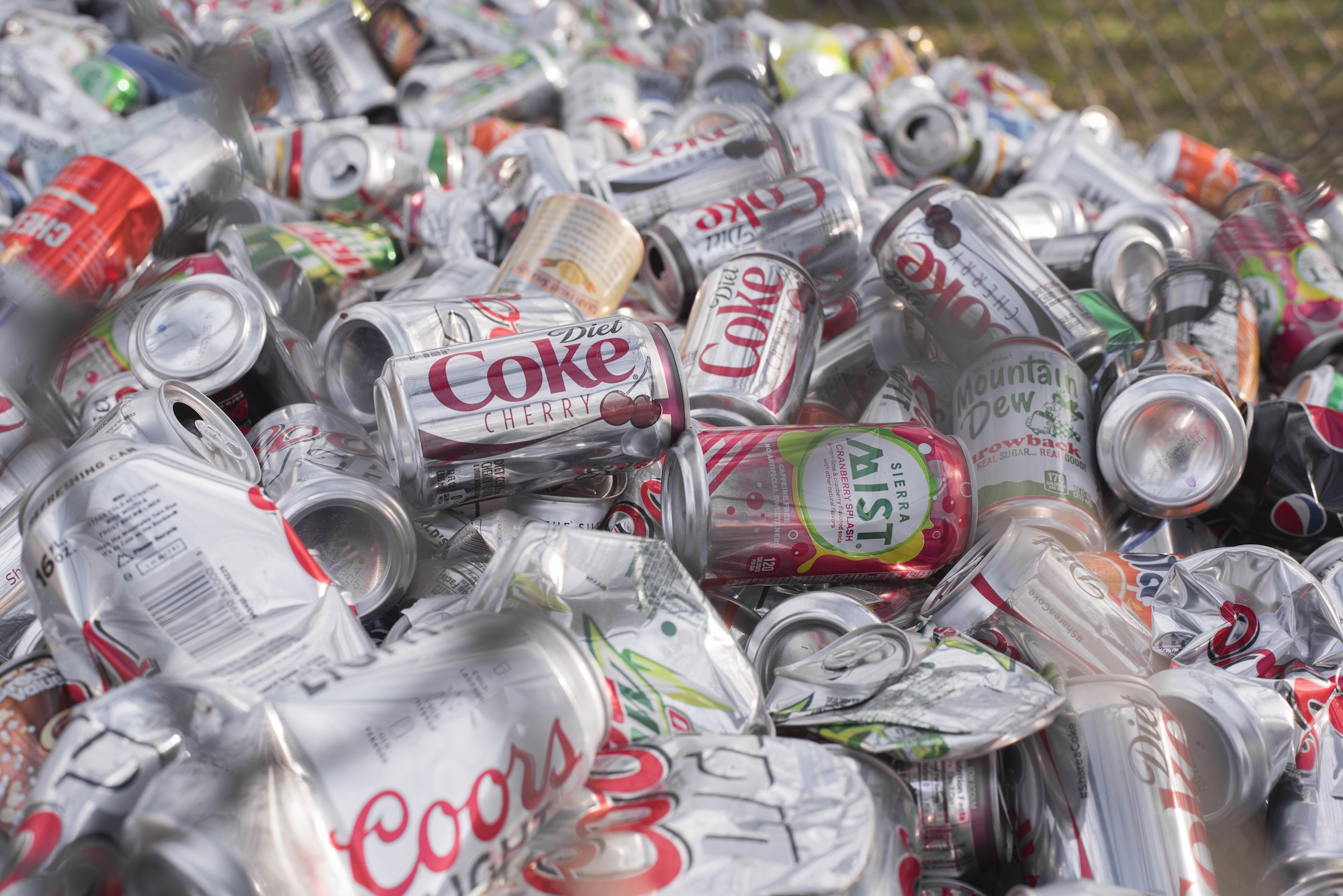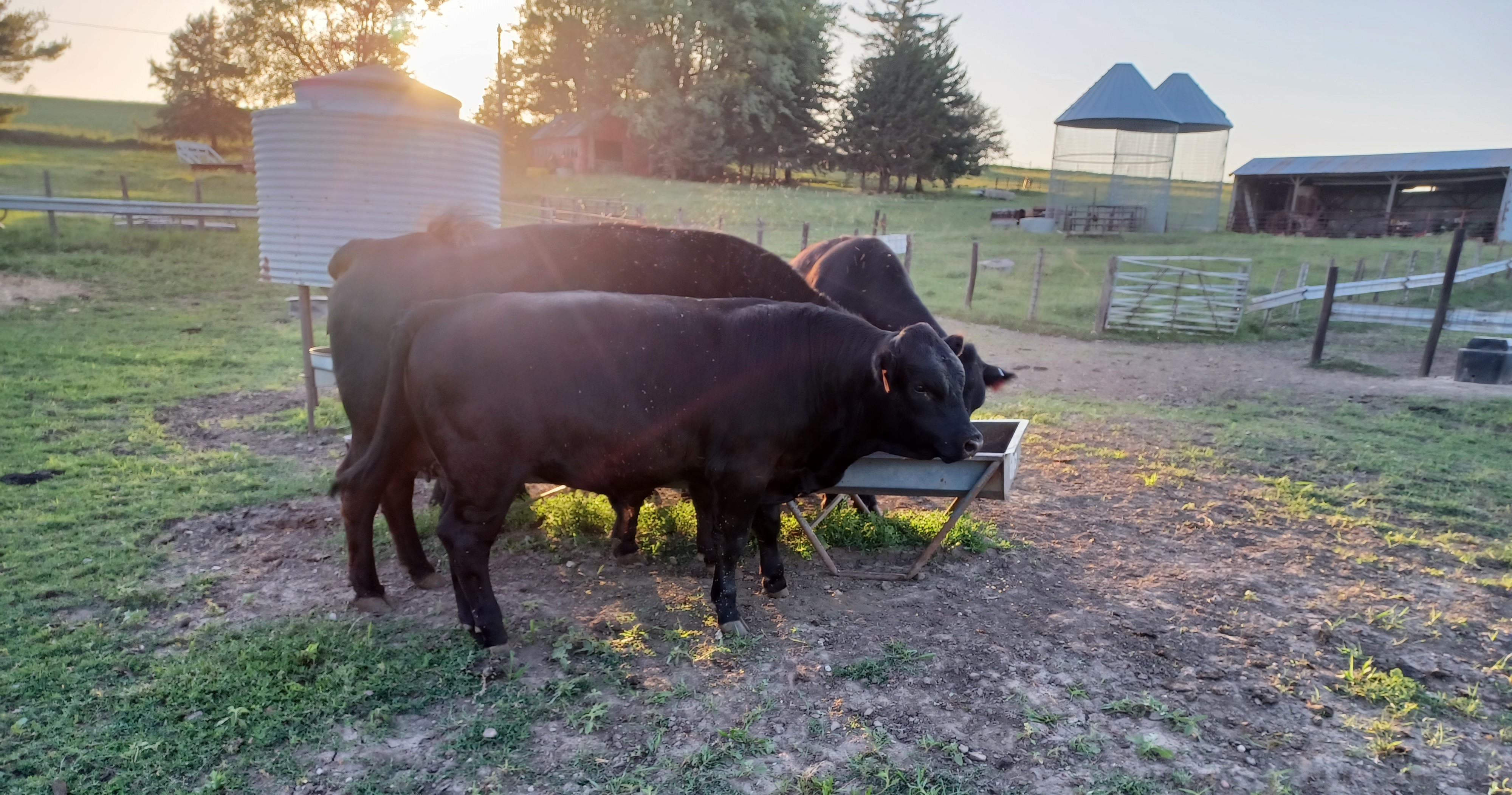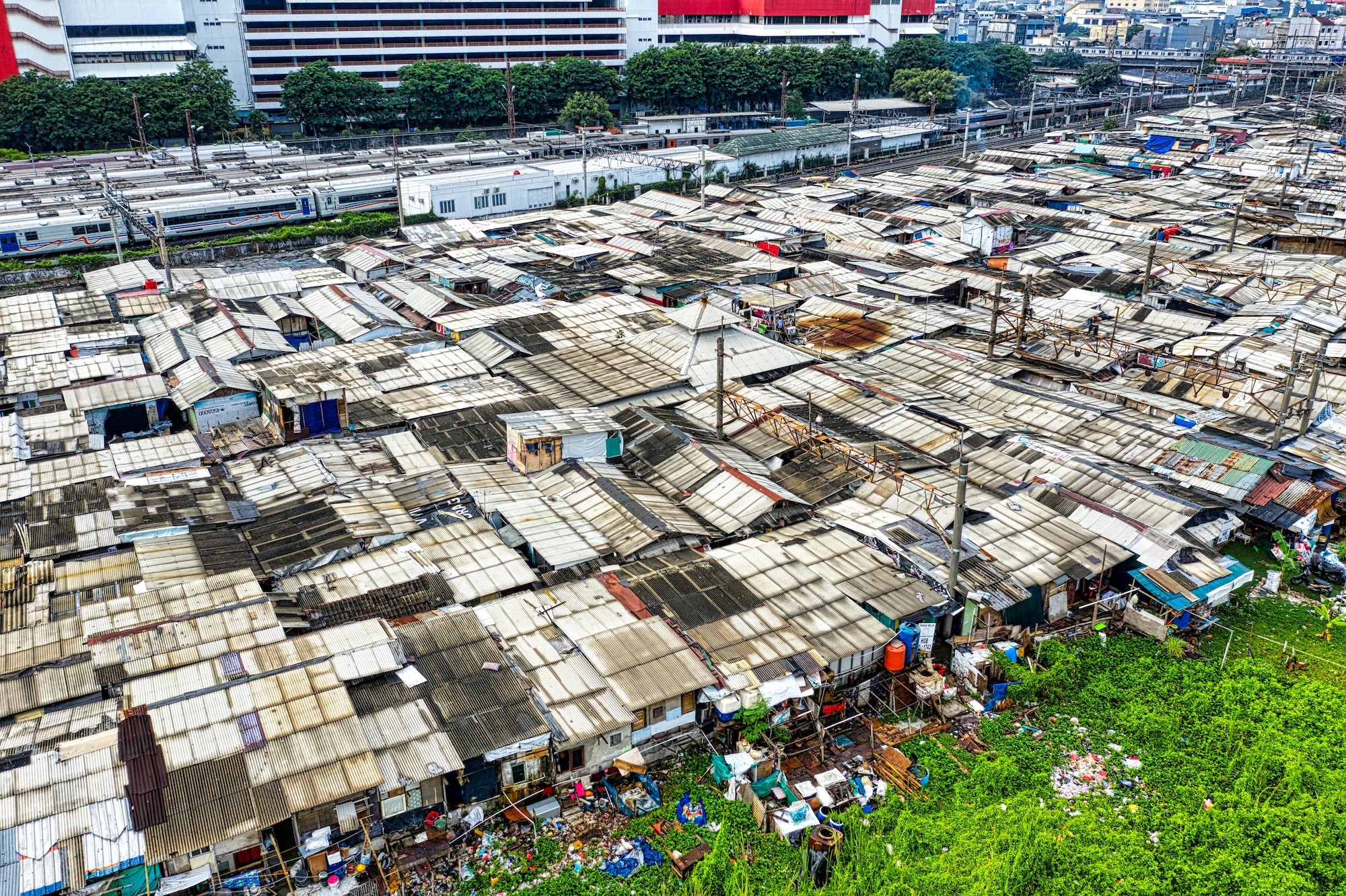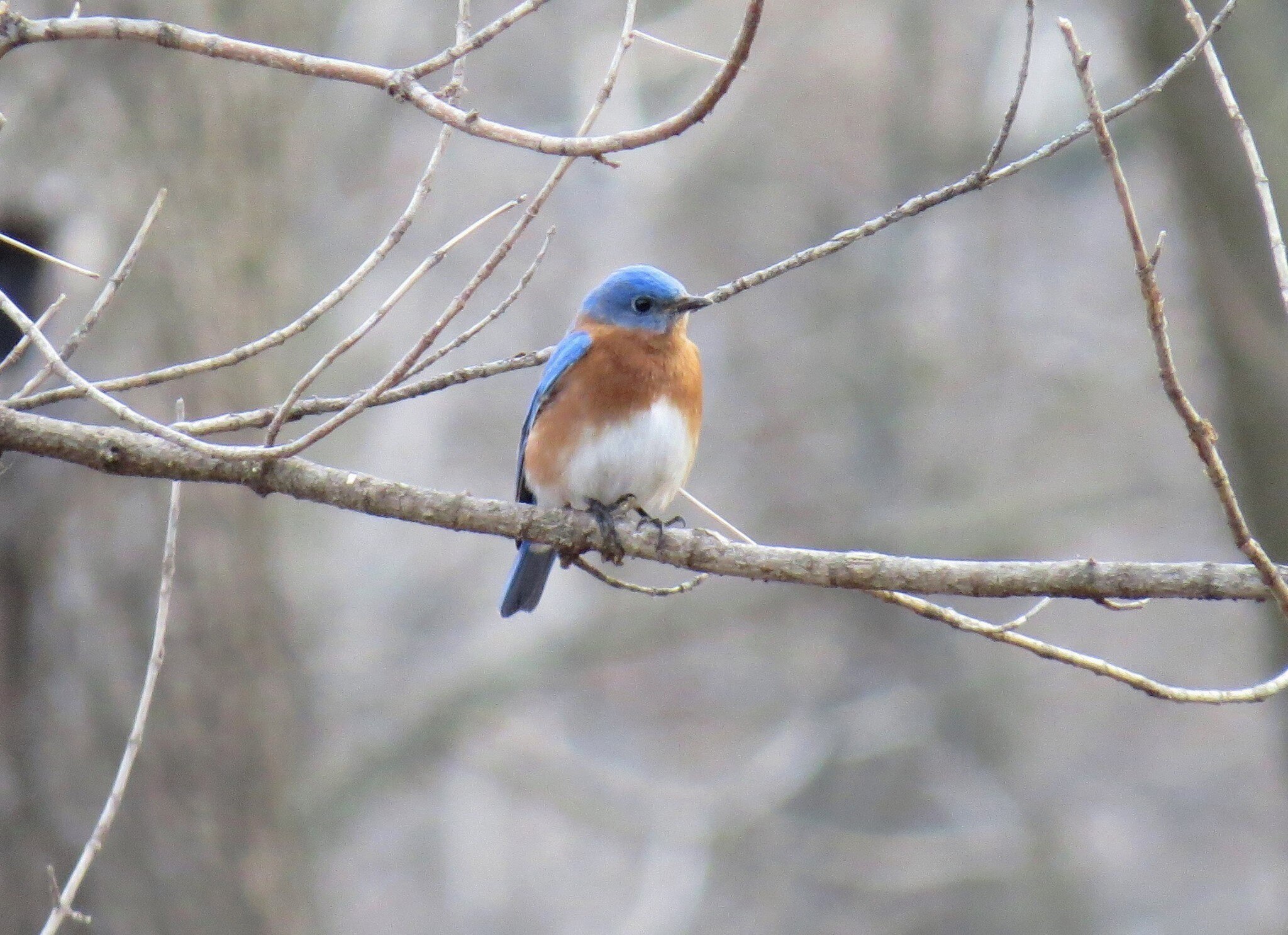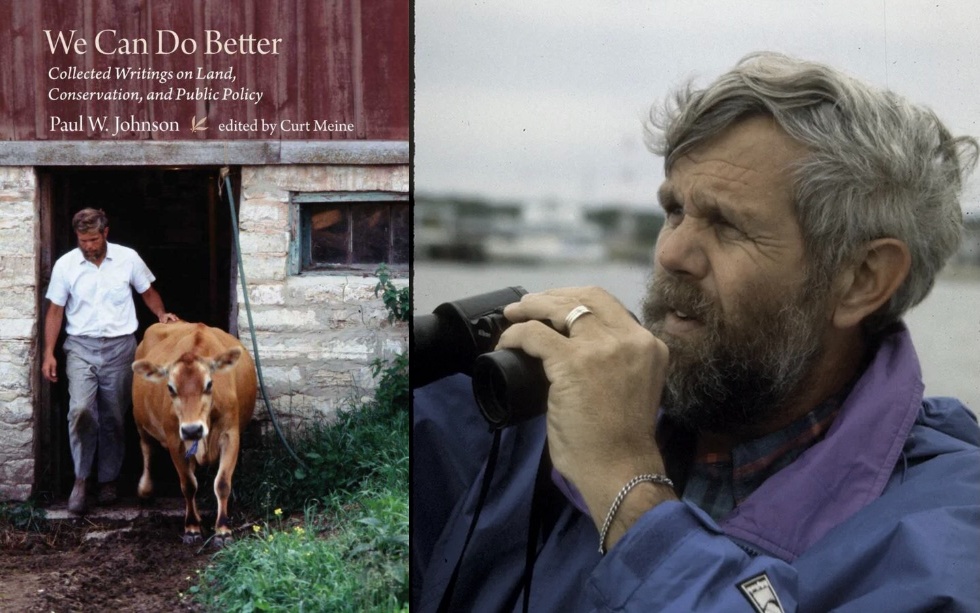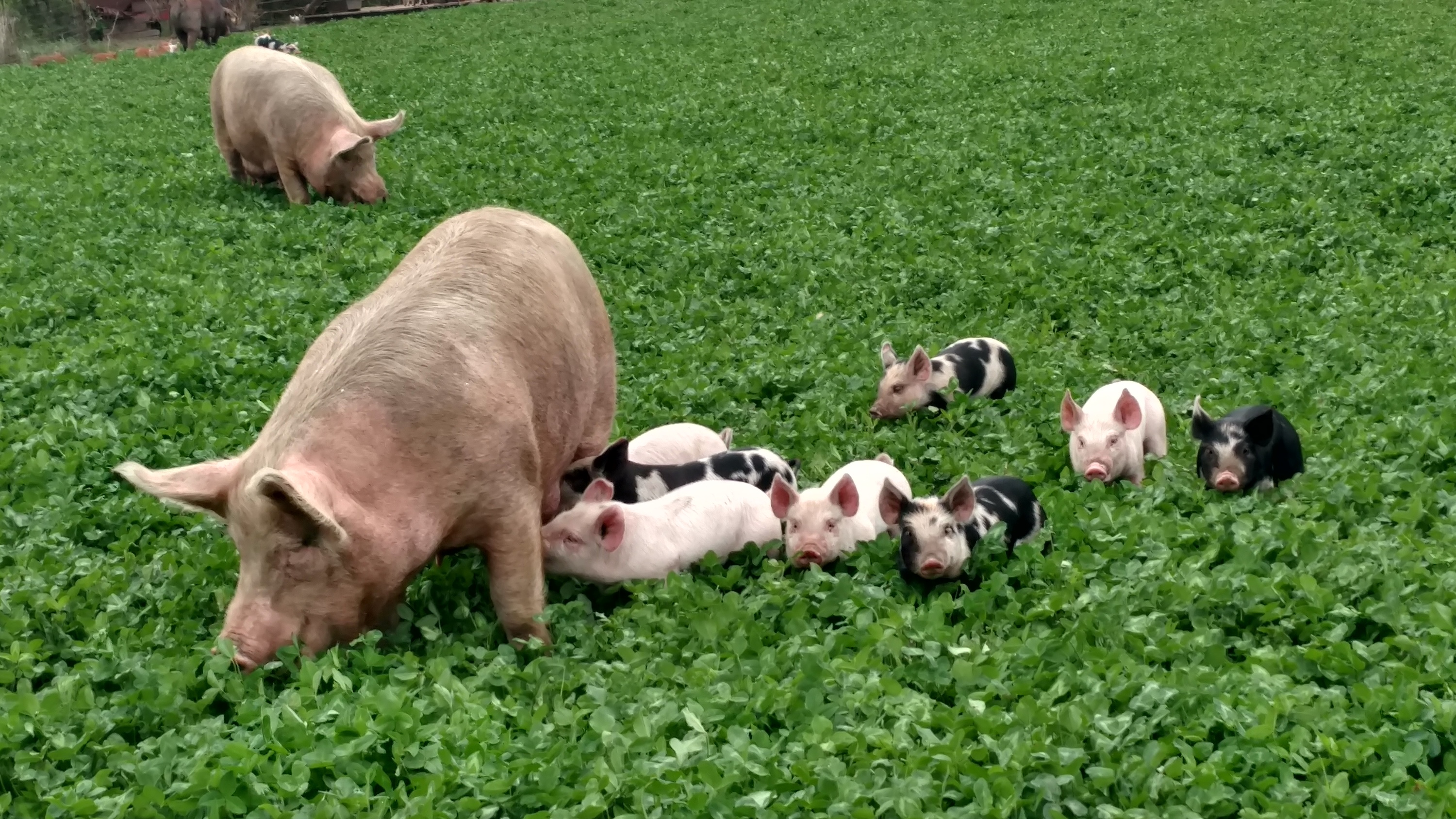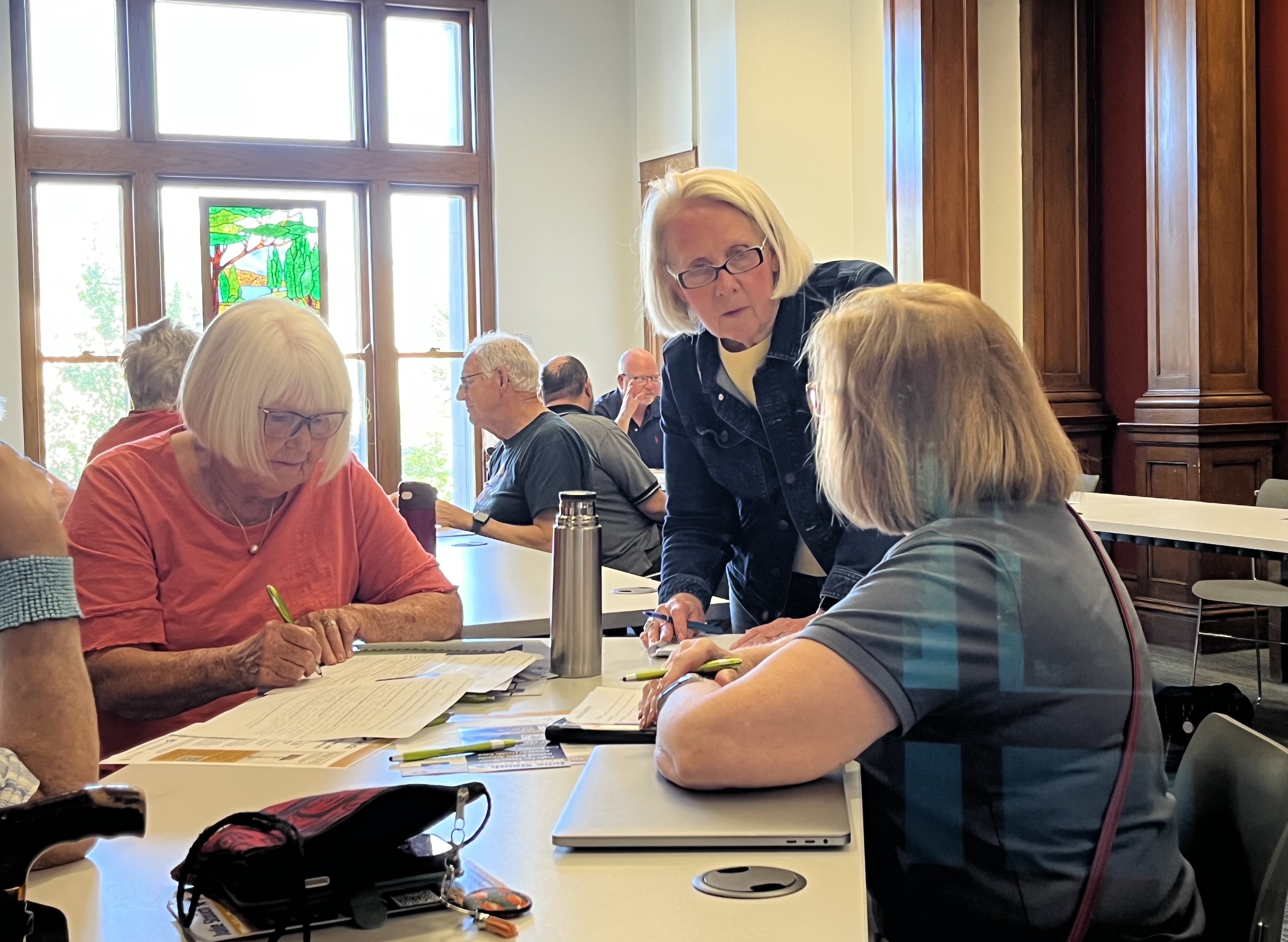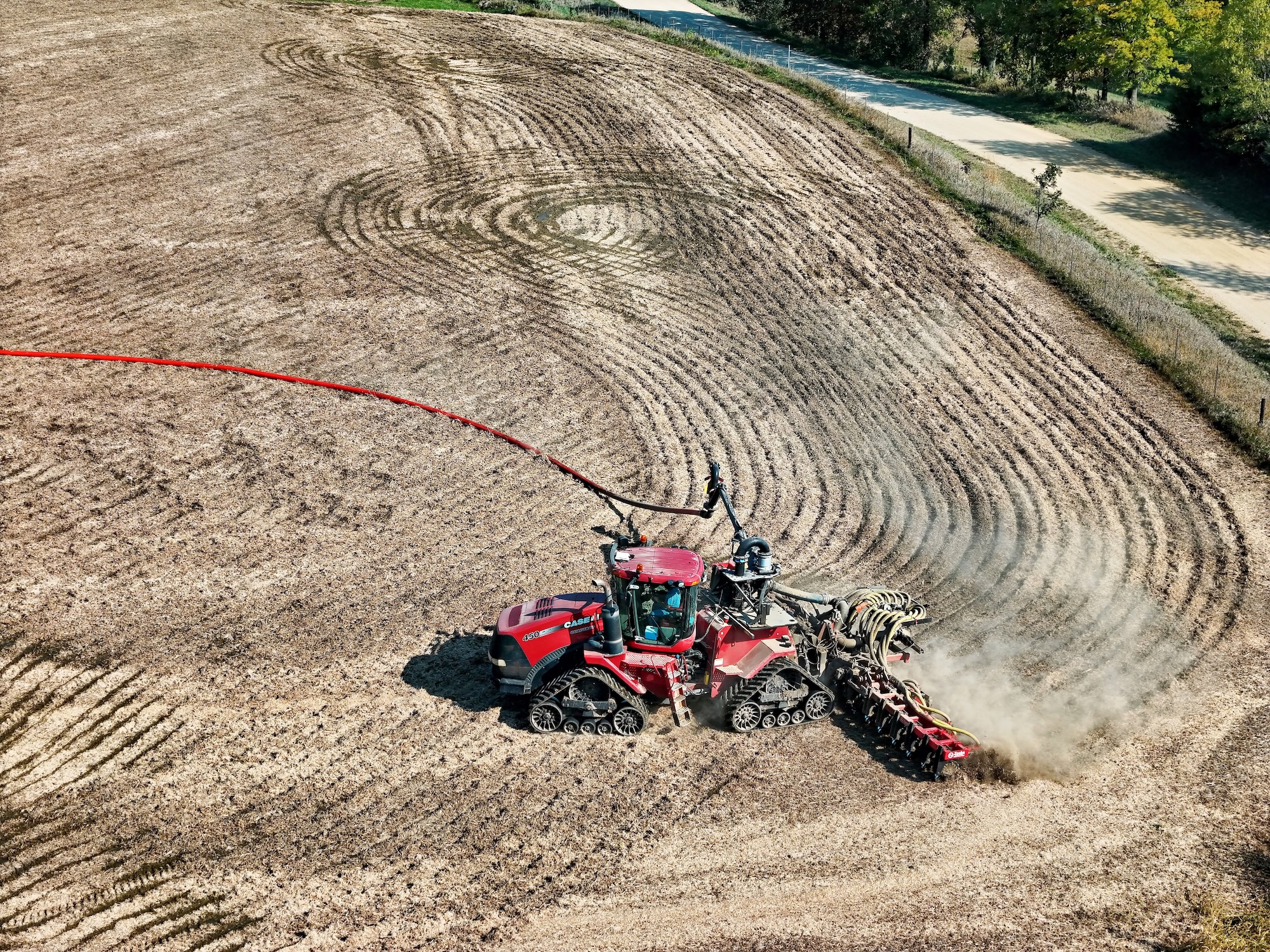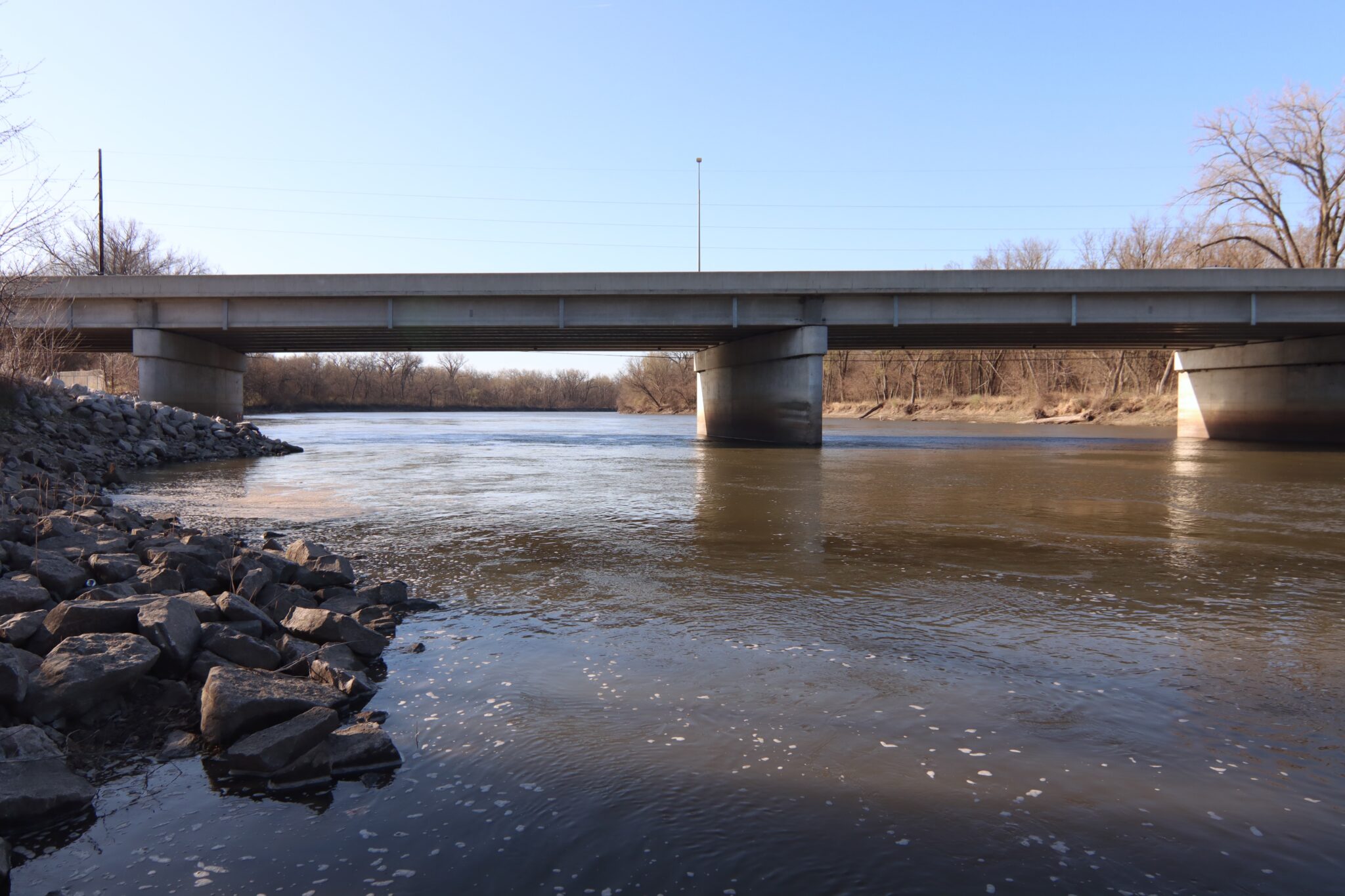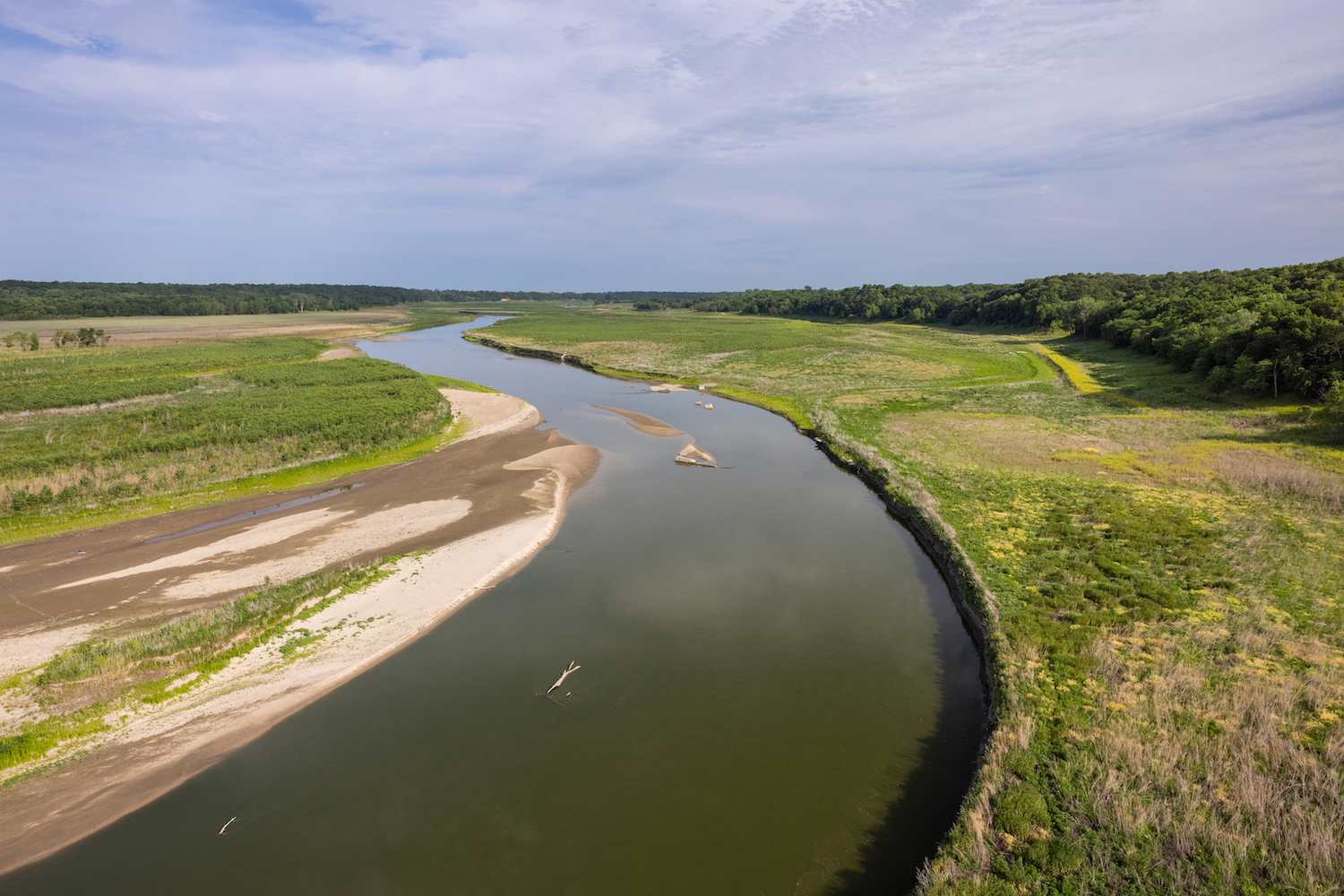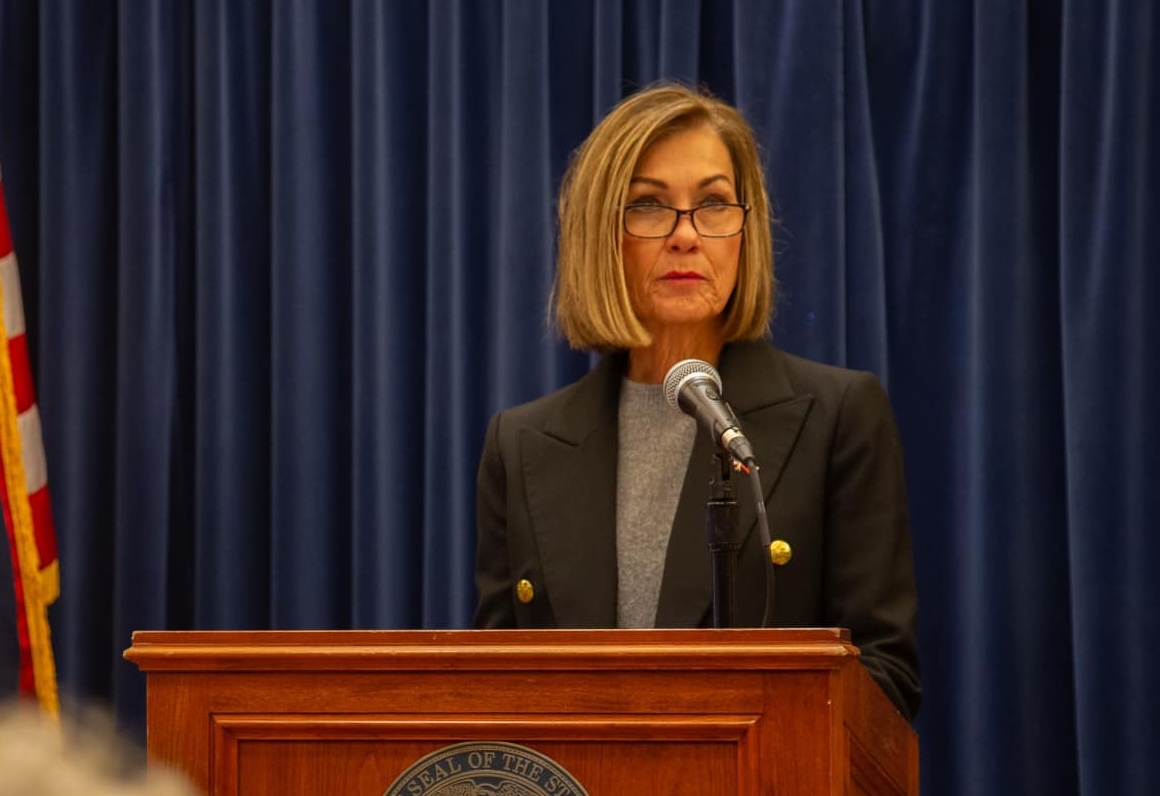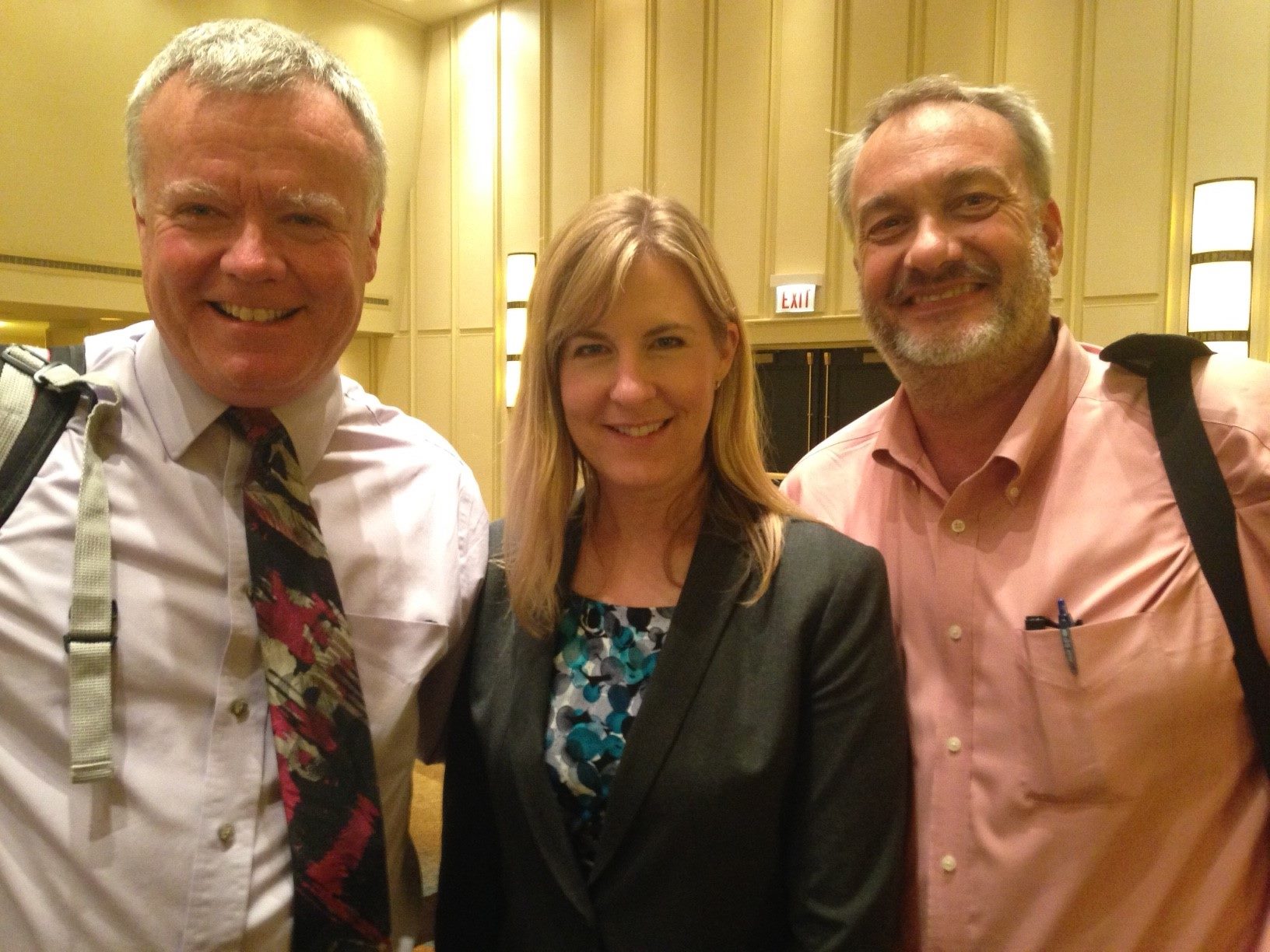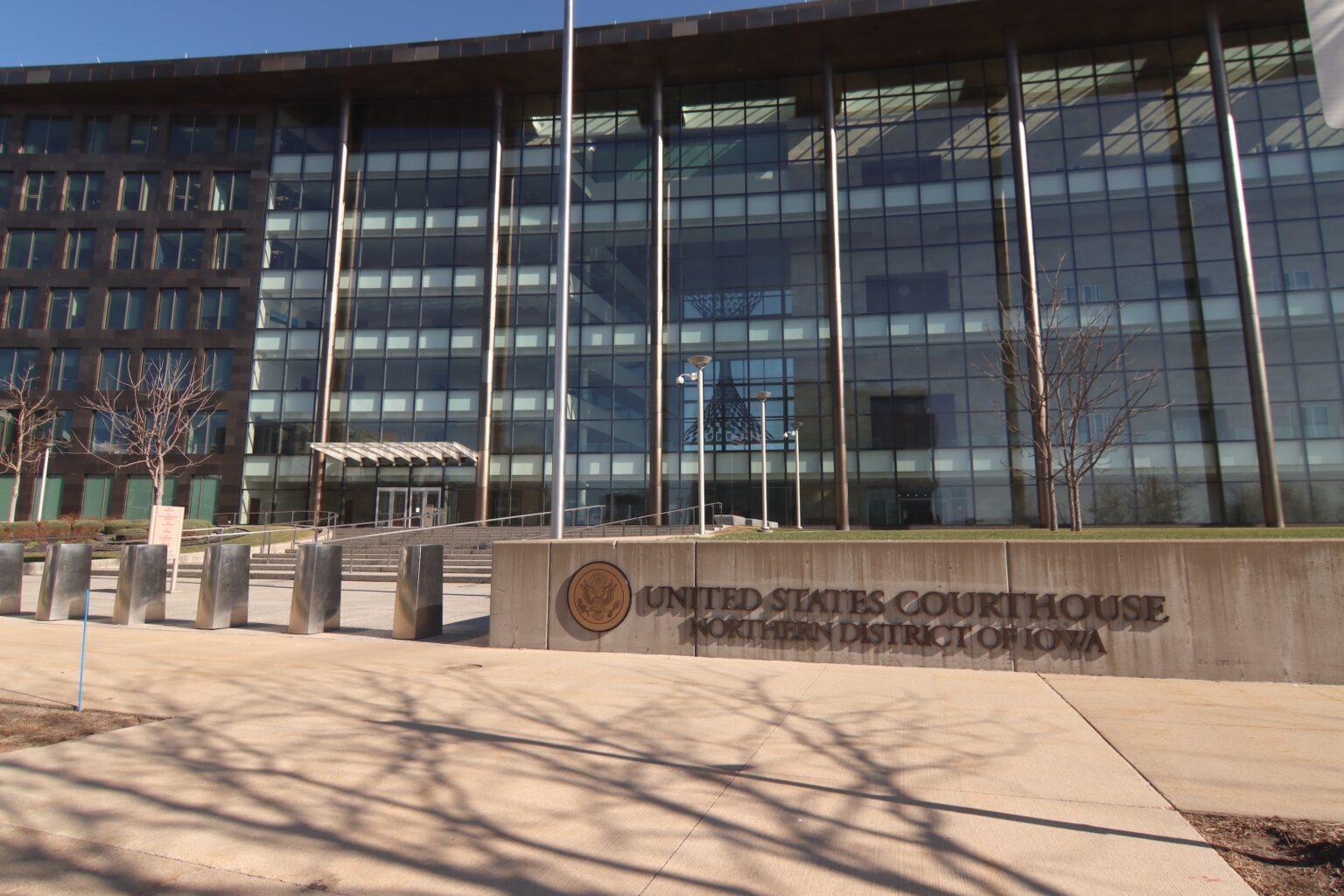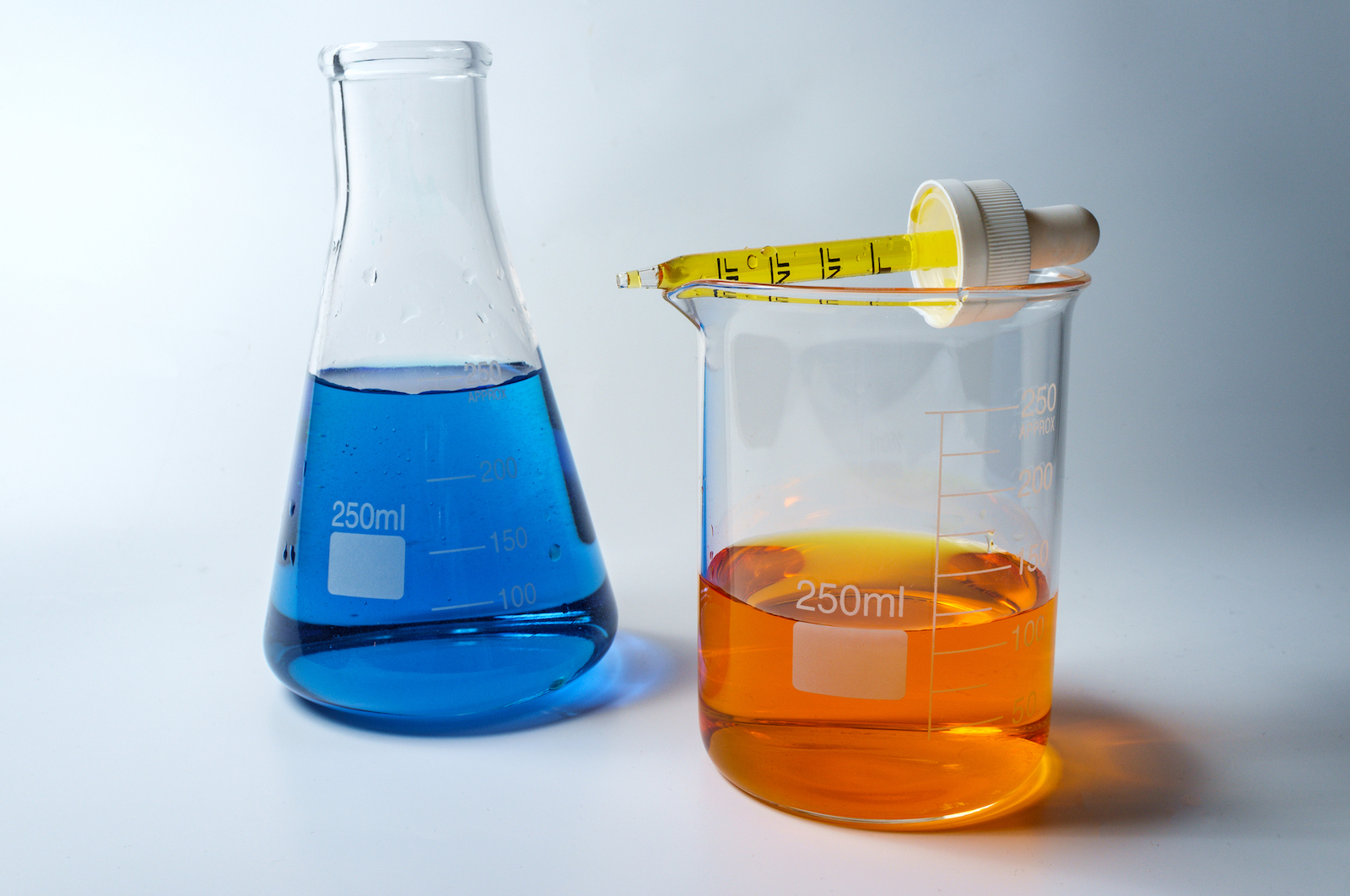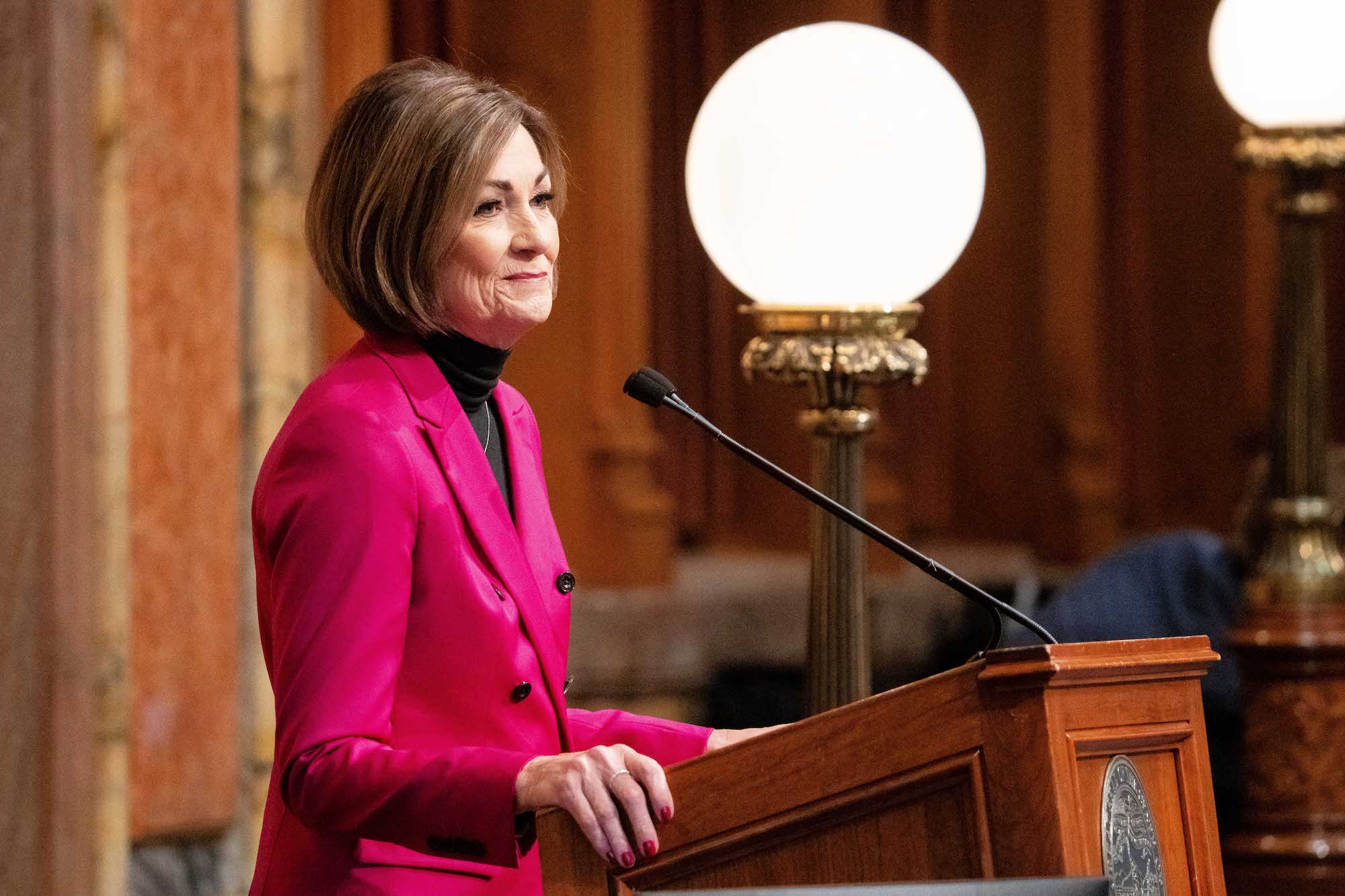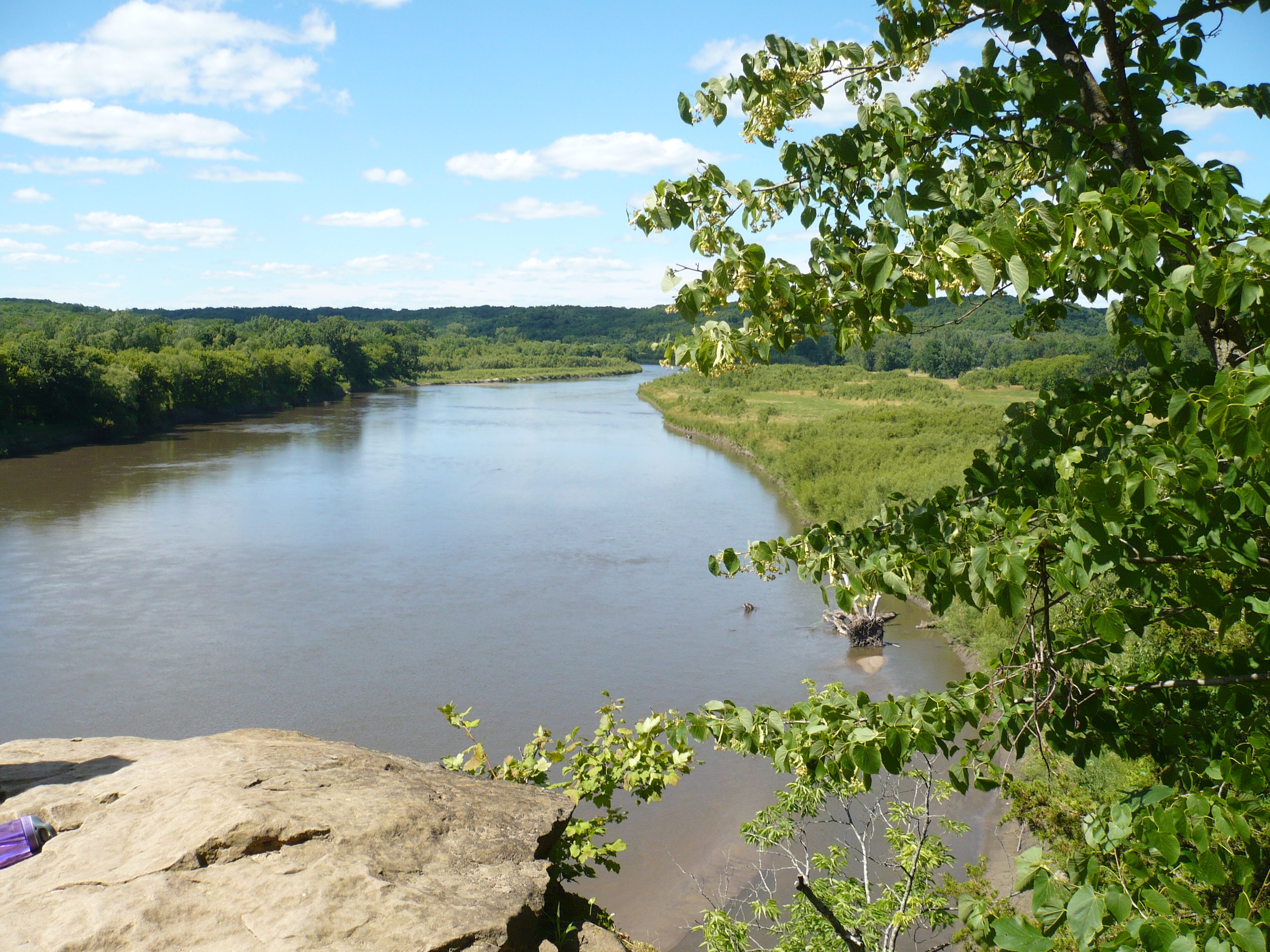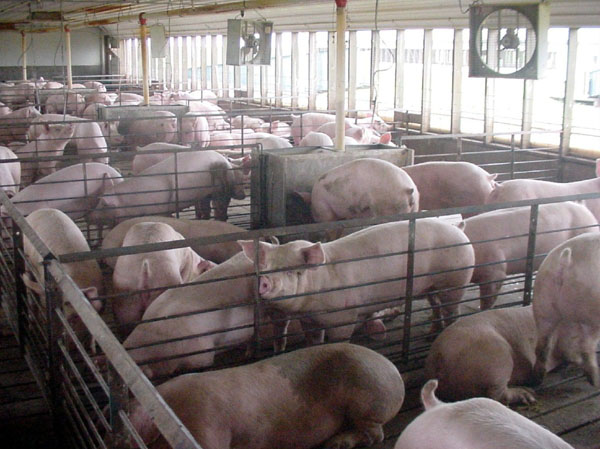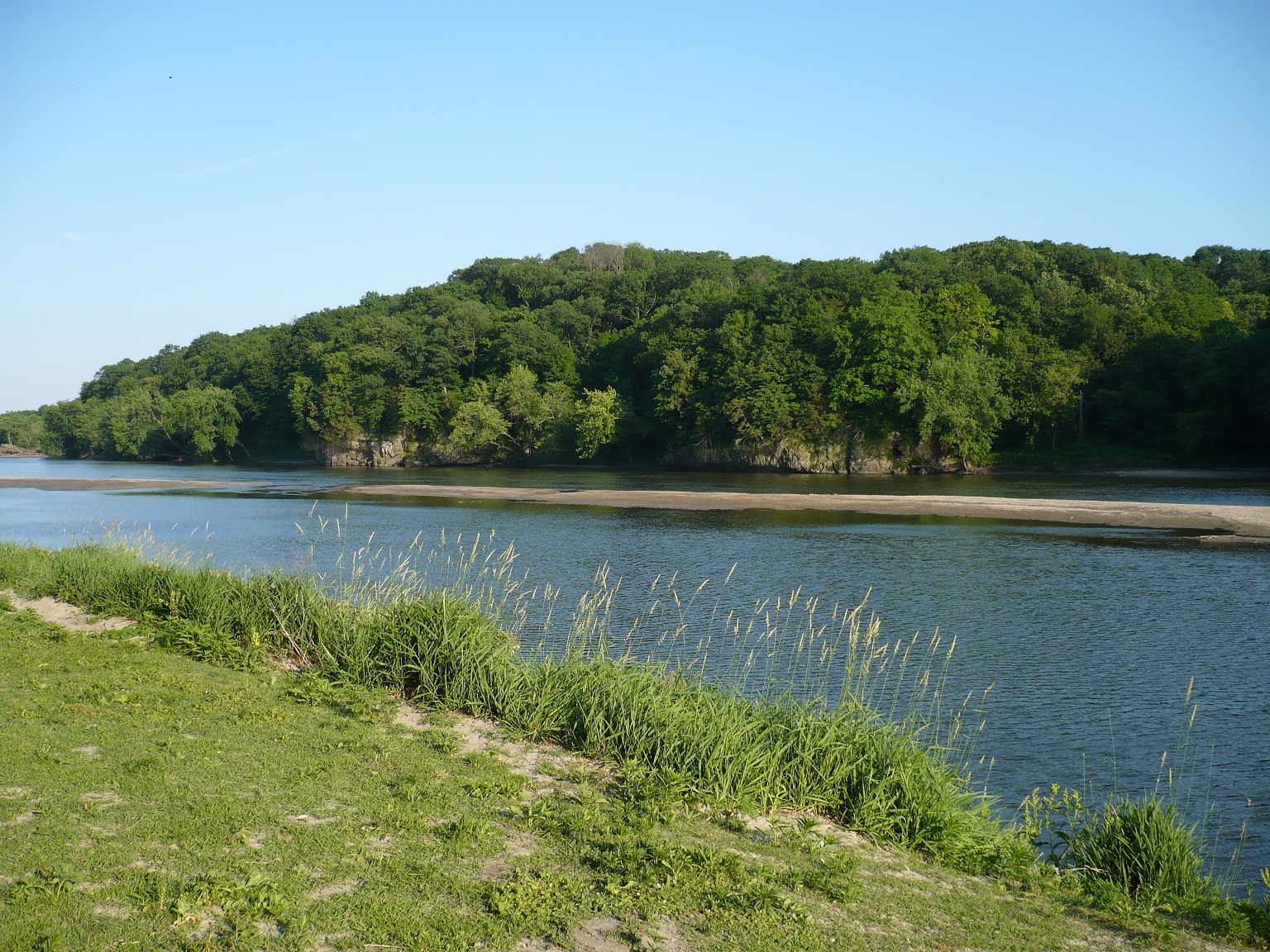John Gilbert farms with a brother, a son, and their wives along South Fork, a tributary of the Iowa River. In addition to non-GMO row crops, they raise small grains, forages, cattle, and antibiotic free pigs they sell to Niman Ranch. John is a volunteer with the Southfork Watershed Alliance, and is active in Practical Farmers of Iowa and the Iowa Farmers Union. Their farm has been recognized for its work toward sustainability.
EDITOR’S NOTE: John Gilbert wrote the following essay, which was first published by the Des Moines Register, before the two-year anniversary of the 2018 Farm Bill’s expiration (September 30). Four members of Iowa’s Congressional delegation (Senators Chuck Grasssley and Joni Ernst, and Representatives Randy Feenstra and Zach Nunn) serve on the Senate or House Agriculture Committees, which are responsible for writing the Farm Bill.
It’s also important to note that this week, the Trump administration is expected to announce bailout payments for soybean farmers—reportedly of about $100 an acre—to offset damages caused by this administration’s erratic tariffs, and trade disruptions. The need for such a payment underscores the weakness of a farm policy based on unrestricted production.
It’s officially time Iowa has one of those warnings, like what you see on cigarette packages: “Caution: Living in Iowa is Hazardous to Your Health!”
The problem isn’t just that Iowa’s water carries way too many farm field pollutants (we’re all tired of hearing about nitrates), although that’s part of it. It’s not just that Iowa has way too many people dealing with cancer; or just that jobs in agriculture, meat packing, construction and manufacturing can be dangerous; or just the dangers of health care deserts in many areas of Iowa. And it’s not just that climate change is making Iowa’s weather more dangerous. The problem is all of those things, and more.
Continue Reading...


